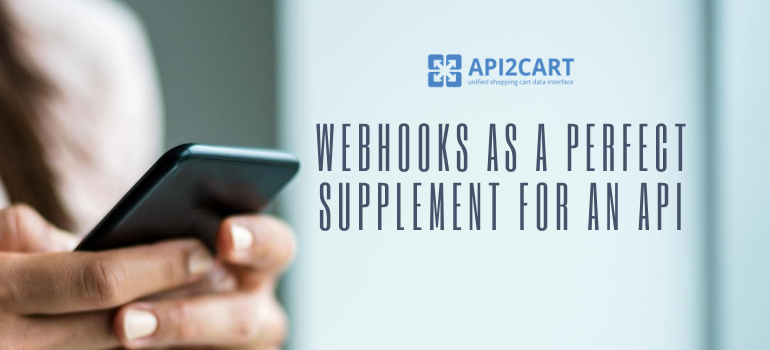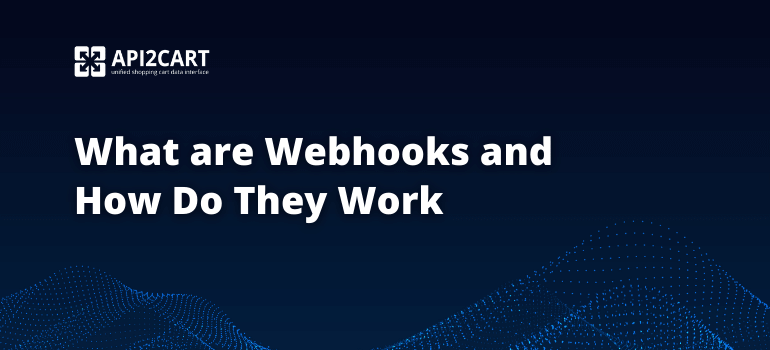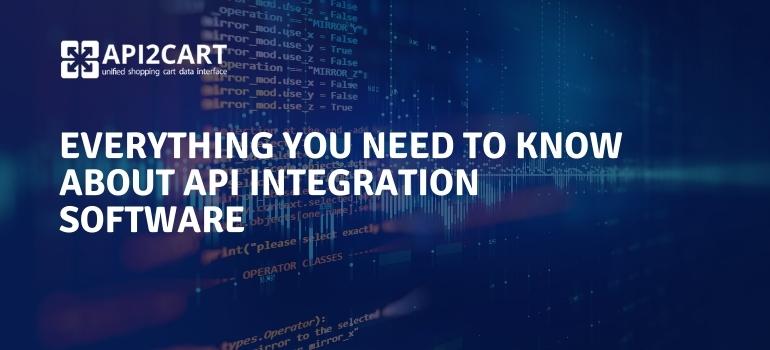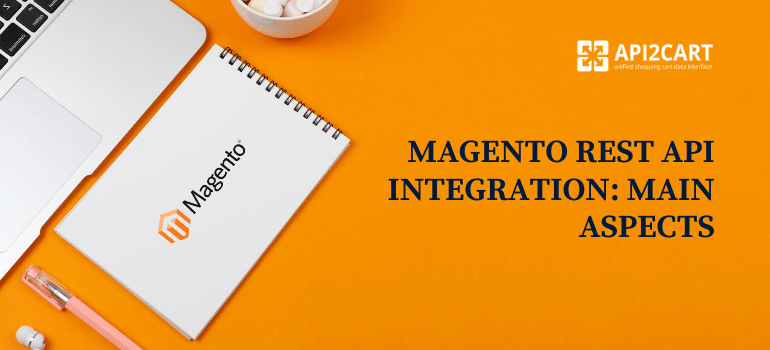
Today's eCommerce reality requires agility and swift responses to any changes. And sellers expect supply chain software (and any other eCommerce systems) to run all vital processes in real time. Webhooks appear to be the very solution that can bring flexibility and responsiveness to any eCommerce app. So, let’s discover how exactly an eCommerce software can benefit from using webhooks.
Webhook (also called a web callback or a HTTP push API) is a way for an app to send a real-time data to another app once a defined event happens. Users can subscribe to a certain event (e.g. order status updates) and get notified every time the event occurs (e.g. the order status actually updates).
The core mechanism looks like the following: you provide an URL where HTTP requests have to be delivered to. Then webhooks would typically post data in one of two ways: JSON or XML to be interpreted. Looks quite simple at first sight, but actually setting up a webhook is a complex multilevel process.
Call Me When He’s Warmed Up
One of the most apposite ever metaphor on webhooks was published in the SendGrid blog. Imagine yourself being a baseball manager in the middle of the game. Once you decide to change the pitcher, you’ll need to call to the bullpen, where the rest of players are warming up, and ask:
- Has he warmed up already?
- Not yet.
And so on and so forth, until you get the positive answer. Programmers would call this process API polling, and it is quite intense for both sides, as you could have noticed. In opposite, a webhook would call you when the pitcher is warmed up.

APIs + Webhooks = Profit
At this point, one might come to the conclusion that using webhooks is enough for the business running well. Or vice versa: why would you need a webhook if you can use an API?
The truth is that being dissimilar, APIs and webhooks actually complement each other. The fundamental difference between API calls and webhooks is that the former works on a request-based output mechanism, and the latter works on an event-based output mechanism. Therefore, webhooks are sometimes called reverse APIs.
Therefore, you basically need to use APIs if implicit control the data flow is essential for you. This appears especially relevant when it comes to the high volumes of information and a constant change of data. In this case, API can help retaining good system performance.
However, when it comes to irregular and low-volume data flows, webhooks come as much more suitable option, otherwise you will have to waste plenty of API requests to get fresh data near real-time.
So, instead of constantly polling API to get fresh data, you can install a webhook to get integrated and everything will go like in a good old knock-knock joke.
A RESTful API is classy and will never go out of style, but itself it is not enough to make your product perfectly fit into modern eCommerce needs. So let’s take a moment to appreciate webhooks as much as we do APIs. Because using both Webhooks and the API can provide a powerful combination to obtain all of the data needed for your eCommerce App.
Webhooks in eCommerce
Software vendors use webhooks for expanding their functional capabilities. Webhooks are especially handy in eCommerce. For instance, webhooks give inventory management systems significant advantages over competitors who don’t use webhooks: ability to ensure an accuracy of stock levels and accordingly make real-time updates on the online store, make it possible to better deal with unexpected demands, etc.
In general, main advantages of using webhooks are:
- to simplify the way you get updates;
- to ensure the data is synchronized between multiple web applications;
- to link 2+ web applications where an event at one would trigger an event at the second;
- to modify app functionalities according to your needs.
Webhooks in eCommerce are commonly used to get informed about the following events:
- orders placed;
- product added/updated/deleted;
- order status changed;
- prices changed;
- customer added/updated, etc ;
What else can you do with help of webhooks?
- Order management system: notify customers about their orders’ statuses, instantly create orders, send invoices or pass orders to shipping services right away.
- Shipping system: inform shippers about the orders, send invoices, submit payments.
- Inventory management system: keep the stock level up-to-date, change inventory levels whenever the order is placed, change partner merchant.
- Email marketing automation system: add or remove subscriptions from the list, send customized emails (about personal discounts, new products, recommendations, etc.) to new or existing subscribers, track when the message is delivered or read.
Though your client would definitely feel benefits of at least some of these functions, let’s take a glance at some real-life company practices.
Unisender. They provide webhooks to users for such events as Subscribers, Unsubscribers, Message Delivered, Message Read, Profile Updates etc. So if you are doing a weekly newsletter, you will be immediately notified upon any list changes.
Wunderlist. A legendary task performance platform provides webhooks to inform clients once the lists are updated.
Dropbox. A well-known storage application provides webhooks to notify users whenever their files are being changed.
Simplify Commerce. This payment platform suggests informing subscribers for the following events: deposit processed or failed, chargeback processed or resolved, invoice processed or unpaid etc.
API2Cart. With our webhooks you will no longer need to poll the API to see if any changes happened. Our customers can benefit from getting notifications each time the product, order, customer or category are added or updated. With a zero-minute delay and 98% of API calls saved a fresh and accurate data delivery is guaranteed.
Instead of conclusion
“You should care because webhooks will be ubiquitous. You should care because they’re going to reshape the internet. You should care because webhooks are the next step in the evolution of communication the internet and nothing will be left untouched”. ~ Timothy Fitz
In case you care, do not hesitate to contact our representative.
Have any ideas how else webhooks can be used in eCommerce or familiar with any other apps for that? Comment below to let us know!




